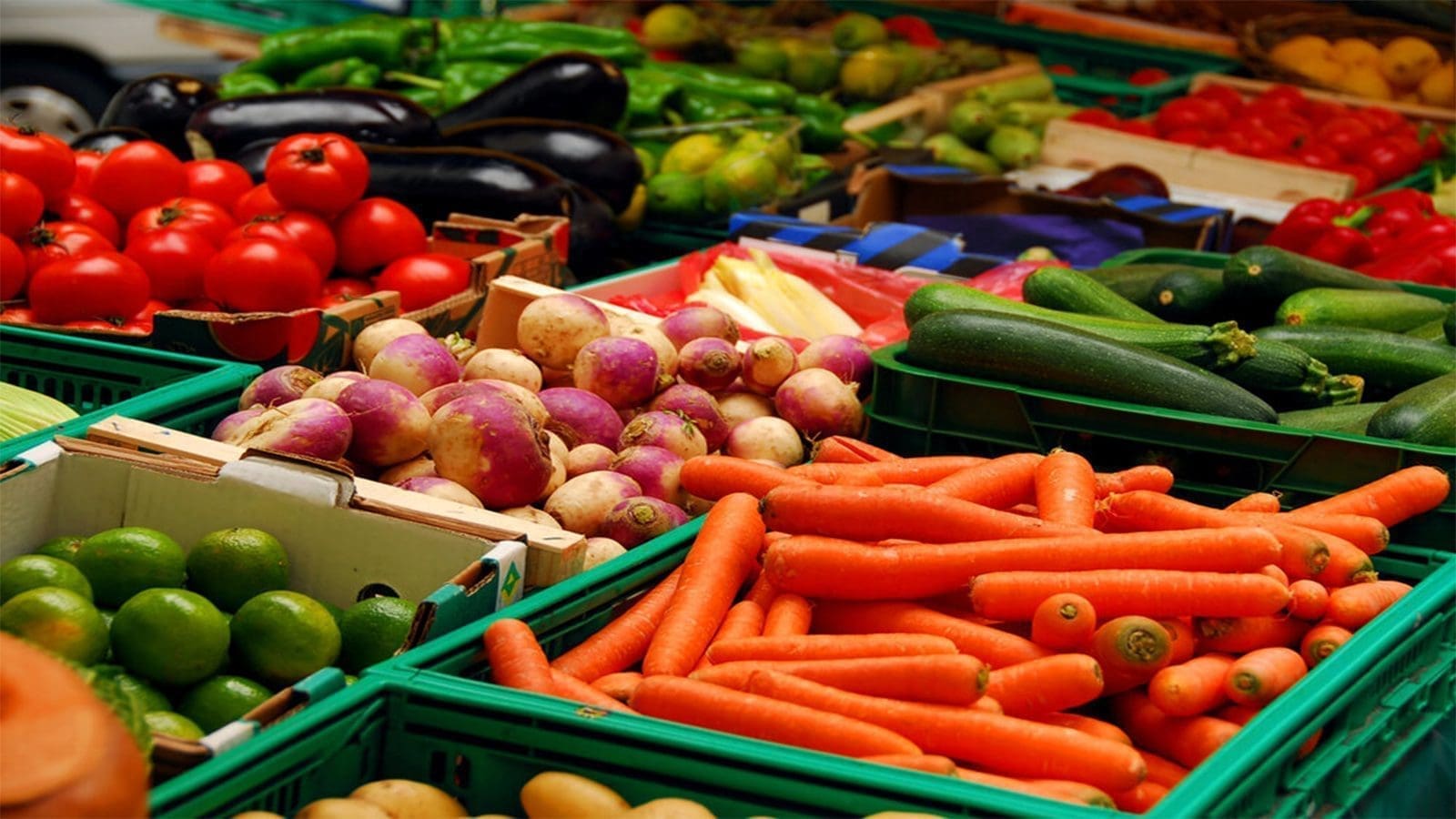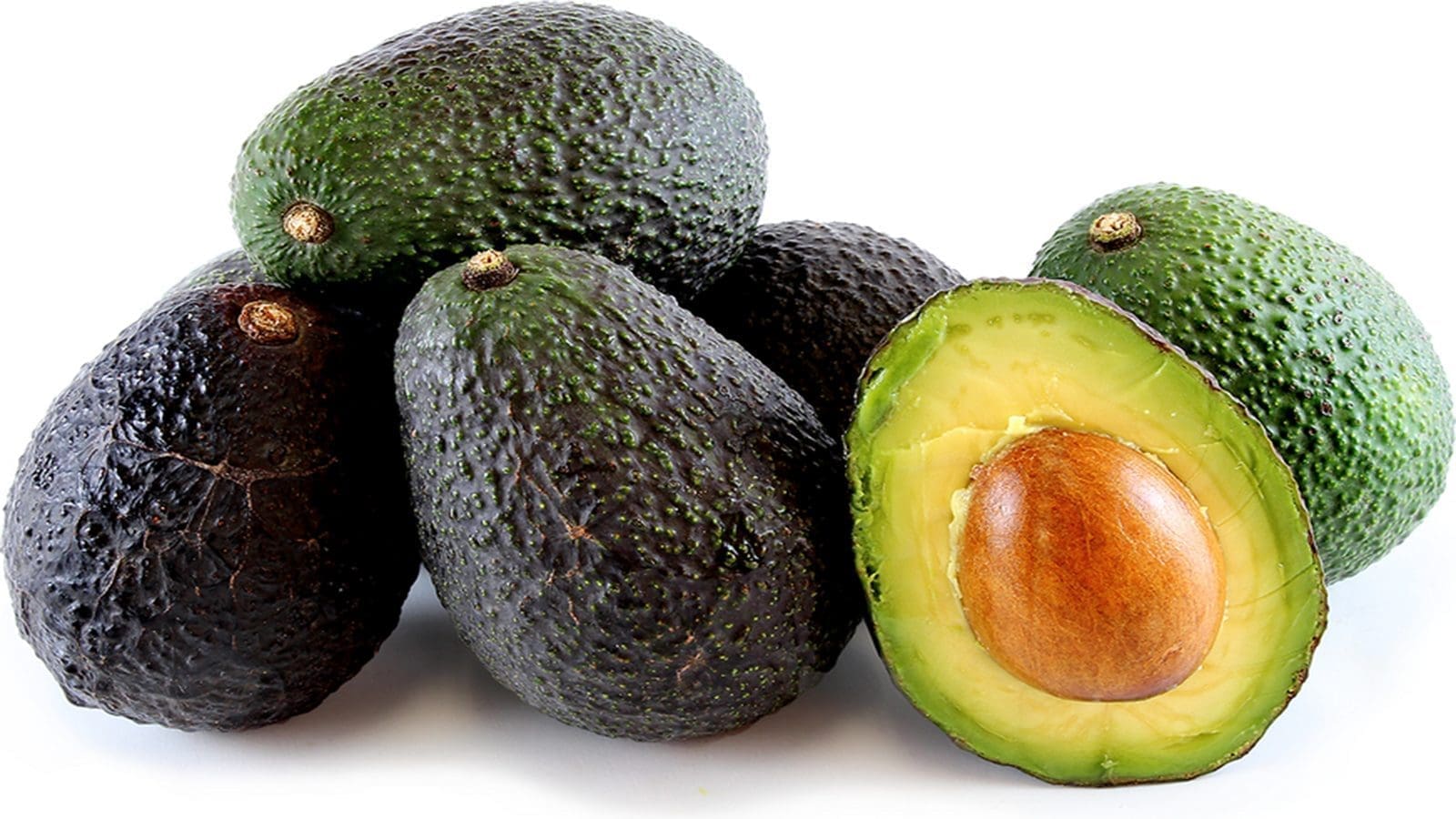EGYPT – Egypt is taking steps to comply with the World Health Organization’s (WHO) advice on safer levels of trans fats by requiring manufacturers and importers to limit trans fats levels in all food to two grams per 100 grams of total fat within 12 months.
The head of Egypt’s National Food Safety Authority, Dr. Tareq El Houby, claimed that a law signed last year ought to bring the nation into compliance with global standards.
The adjustments would put Egypt in line with WHO recommendations for trans fat levels that are safer and reduce the risk of heart disease and death.
Trans fats are typically found in margarine, fried foods, confectionery, packaged goods, and fast food items.
“I think a year is enough for [manufacturers and importers] to make the necessary arrangements. This is not a choice — it’s an obligation,” Dr. El Houby said.
Last month, WHO released a status revealing that about five billion people globally remain unguarded from harmful trans fat, increasing their risk of heart disease and death.
The organization issued an appeal in 2018 for industrially produced fatty acids in foods to be eliminated worldwide by 2023.
However, despite significant progress, the 5 billion gap makes the global target for complete trans fat eradication in 2023 now unachievable.
According to the WHO, Egypt has the highest percentage of coronary heart disease mortality attributable to trans fats in the world and has not yet adopted a best practice policy.
Trans fat consumption is thought to be the leading cause of coronary heart disease mortality in Egypt (8.39%), the US (7.57%), and Iran (6.96%).
There is no best-practices policy in nine of the 16 nations with the greatest percentage of coronary heart disease mortality brought on by trans fats.
These are South Korea, Egypt, Iran, Nepal, Pakistan, Bhutan, Azerbaijan, Australia, and Azerbaijan.
Dr. Tom Frieden, President of Resolve to Save Lives and former Director of the U.S Centres for Disease Control and Prevention (CDC), said Egypt’s move to remove trans fat shows change is on the horizon.
“We commend the government of Egypt for taking decisive action to eliminate trans fat and are very encouraged that, if implemented, Egypt will meet the WHO target of becoming trans-fat-free by the end of 2023,” he said.
According to the WHO report, aiding Egypt’s policy process “will be a priority for WHO and partners in the next year.”
Commitment to trans fat elimination
Only Oman and Saudi Arabia have best-practice policies in the Middle East and North Africa (MENA) region.
Trans fat consumption is restricted in the UAE, Bahrain, Iran, and Kuwait. Further complementary steps have been implemented by Jordan, Tunisia, and Qatar.
According to the WHO report, Egypt, Lebanon, and Morocco have pledged to ban trans fats as part of their national policies.
In 2017, Egypt’s five-year national plan for the prevention and control of non-communicable diseases set a goal to “replace trans fats and saturated fats with unsaturated fats through reformulation, labeling, and fiscal and agricultural policies”.
In the same year, the country established the NFSA to protect consumers’ health and interests by ensuring that food consumed, distributed, marketed, or produced in Egypt meets the highest standards of food safety and hygiene.
Since 2018, Resolve to Save Lives has supported and collaborated with the WHO’s Eastern Mediterranean office, with “Egypt as one of the priority nations,” according to Dr. Frieden.
This includes providing technical assistance for creating trans fat laws and determining the amount of trans fats in food.
“It took a long time to be able to develop a system of risk assessment and traceability,” said Dr. El Houby.
A 2021 study that was published in the academic journal Nutrients looked into the trans fat level of 208 regularly purchased foods in the Egyptian market and discovered that 34% of the items had more trans fat than allowed.
The authors, who included Egyptian medical academics and WHO representatives, referred to it as “the first steps in the trans fatty acid elimination road map”.
According to Dr. El Houby, the NFSA is developing nutrient labeling standards to make the trans fat content of foods apparent to consumers.
The industrial sector will lead the way in regulating trans fat content, followed by the so-called “loose market,” which includes food stands.
“That will be the second stage. We can’t achieve everything all at once,” Dr. El Houby said.
For all the latest food safety news from Africa and the World, subscribe to our NEWSLETTER, follow us on Twitter and LinkedIn, like us on Facebook and subscribe to our YouTube channel.








